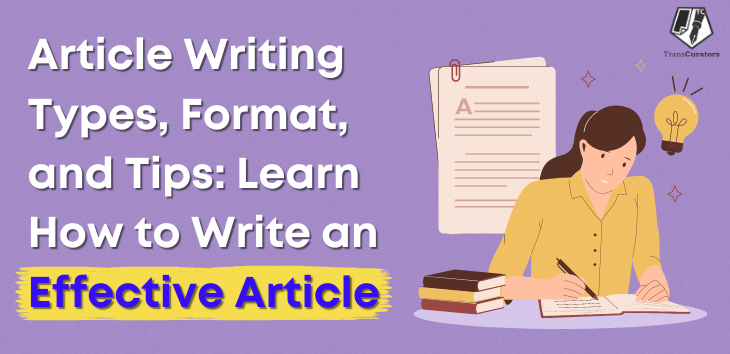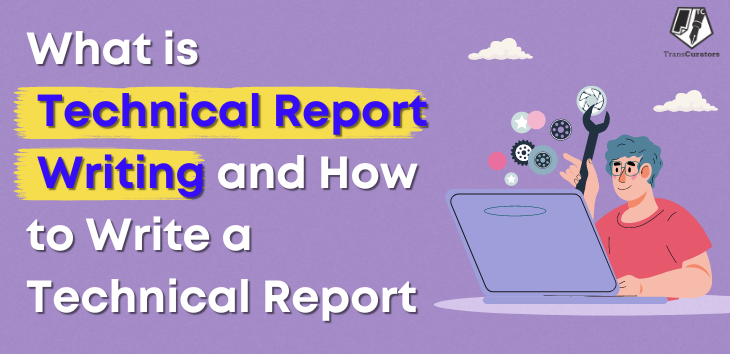
Artificial intelligence (AI) has revolutionised numerous facets of our lives, including content creation and consumption. AI-generated content, which includes anything from articles and blog posts to social media updates and product descriptions, has various benefits, including speed, efficiency, and cost-effectiveness. However, leaning too much on AI for content generation has major hazards. In this blog, we will look at these risks and explain why it is critical to maintain a balanced approach.
The Appeal of AI-Generated Content
AI-generated content has become increasingly popular for several reasons:
- It can generate plenty of content quickly, which benefits businesses looking to scale their content marketing operations.
- It is cost-effective. Hiring human authors can be costly, especially for large-scale assignments. AI, on the other hand, can create content at a fraction of the expense.
- AI tools can tailor content for specific audiences, enhancing engagement and conversion rates.
Despite these advantages, an overreliance on AI-generated content can lead to several problems, compromising not just the content’s quality but also the integrity and credibility of the organisations that use these technologies.
Quality Issues and Lack of Creativity
One of the most significant dangers of overreliance on AI-generated content is a potential deterioration in content quality. While AI can mimic human writing to some level, it lacks the depth, complexity, and creativity that human authors provide. AI-generated content can be formulaic and repetitive without the unique perspectives and insights that make human writing attractive and engaging. Furthermore, AI struggles with recognising context and cultural details, resulting in an output that might be incorrect or inappropriate. For example, an AI can create content containing stereotypes or not considering the audience’s cultural sensitivity. This can harm a brand’s image and offend its target audience.
Ethical Concerns and Plagiarism
The use of AI-generated content raises ethical considerations as well. One major problem is plagiarism. AI tools frequently use information from several sources to generate content, which can lead to unintentional plagiarism. While the AI can reword or reorganise the information, its basic components can still be too identical to the original. This not only poses legal concerns but also harms the credibility of the organisation using AI.
Another ethical problem is the possibility of misinformation. AI-generated content can include errors or outdated information, especially when the AI cannot access the latest current data. Relying on such content without enough fact-checking can spread false information, which can be especially damaging in fields such as finances, health care, and the news media.
Loss of Human Touch
AI-generated content lacks the human touch that readers value. Human authors can fill their writing with sentiments, personal experiences, and a distinct voice that AI cannot replicate. This human factor is essential for establishing trust and engaging with the audience. Content that feels robotic or impersonal can fail to captivate readers, decreasing audience retention and loyalty. Furthermore, overuse of AI-generated content could lead to a homogenised web in which the majority of the content appears and feels the same. Brands can have difficulty standing out and differentiate themselves from competitors due to a lack of diversity. Human writers with unique voices and ideas play an important part in establishing an extensive and lively online community.
Dependence on AI and Skill Degradation
Over-reliance on AI-generated content can degrade the writing skills of human writers. As organisations increasingly rely on AI for content generation, human writers can less polish their skills. This can lead to decreased overall writing quality and the loss of critical skills required for effective communication. Also, dependence on AI could lead to a sense of complacency. Organisations might become less likely to invest in training and developing their human writers, resulting in a workforce that lacks the necessary skills to produce high-quality content. This can be especially difficult in industries where effective communication and writing skills are important.
Job Displacement and Economic Impact
The rapid growth of AI-generated content raises worries about job displacement. As AI grows more competent in creating content, human writers, editors, and other content creators could lose their jobs. This might have a huge economic impact, especially in companies that rely significantly on content creation. While AI has the potential to enhance human skills, it is critical to maintain a balance between leveraging AI and job sustainability. Organisations should explore incorporating AI into their workflows without replacing human workers. For example, AI can assist with repeated and mundane tasks, allowing human writers to concentrate on content development’s more complex and creative aspects.
The Importance of a Balanced Approach
Taking a balanced approach to minimise the risks caused by overreliance on AI-generated content is critical. Here are a few strategies to consider.
- Combine AI with Human Oversight: Use AI-generated content as a starting point, but make sure that human writers review and distil the content. This will help maintain quality and add the required human touch.
- Invest in Training: Provide training and development opportunities for human writers to ensure they can yield high-quality content and work effectively with AI tools.
- Prioritise Originality: Motivate human writers to produce original content representing their viewpoints and insights. This will help differentiate your brand and engage with your target audience.
- Fact-Checking and Quality Control: Implement robust fact-checking and quality control methods to guarantee the accuracy and reliability of AI-generated content.
- Ethical Considerations: Be aware of moral concerns, such as plagiarism and misinformation, and take essential measures to address them.
- Monitor Audience Feedback: Pay attention to how your audience responds to AI-generated content and adjust your strategy based on their feedback.
By employing these techniques, organisations can reap the benefits of AI-generated content while limiting its risks. This balanced approach can help maintain content quality and ethical standards and preserve the human touch, contributing to building trust and engaging audiences.
Conclusion
AI-generated content offers us intriguing new opportunities for increasing content creation efficiency and productivity. However, overreliance on AI raises significant risks that must be addressed. Concerns about quality and accuracy, ethics and prejudice, loss of human touch, reliance and skill degradation, employment displacement, intellectual property challenges, security and privacy concerns, and regulatory and legal challenges emphasise the importance of a balanced approach. By combining AI powers with human oversight and creativity, we can maximise the benefits of AI-generated content while mitigating its potential risks. It includes developing thorough evaluation systems, encouraging a collaborative approach, and assuring continuous education and training. Contact TransCurators today to explore how human expertise can complement AI-generated content and mitigate the risks of overreliance.
Frequently Asked Questions
A1. Businesses can mitigate risks by incorporating human oversight, ensuring content aligns with brand values, and verifying information before publication.
A2. Yes, businesses must ensure compliance with intellectual property laws and regulations to avoid legal repercussions related to AI-generated content.
A3. Reliance on AI-generated content can lead to loss of human creativity, lack of originality, and the spread of misinformation.
A4. Yes, AI-generated content may lack context or accuracy, leading to misleading information being disseminated.
A5. Relying solely on AI-generated content may result in lower quality due to a lack of human insight, emotion, and understanding of nuanced topics.



